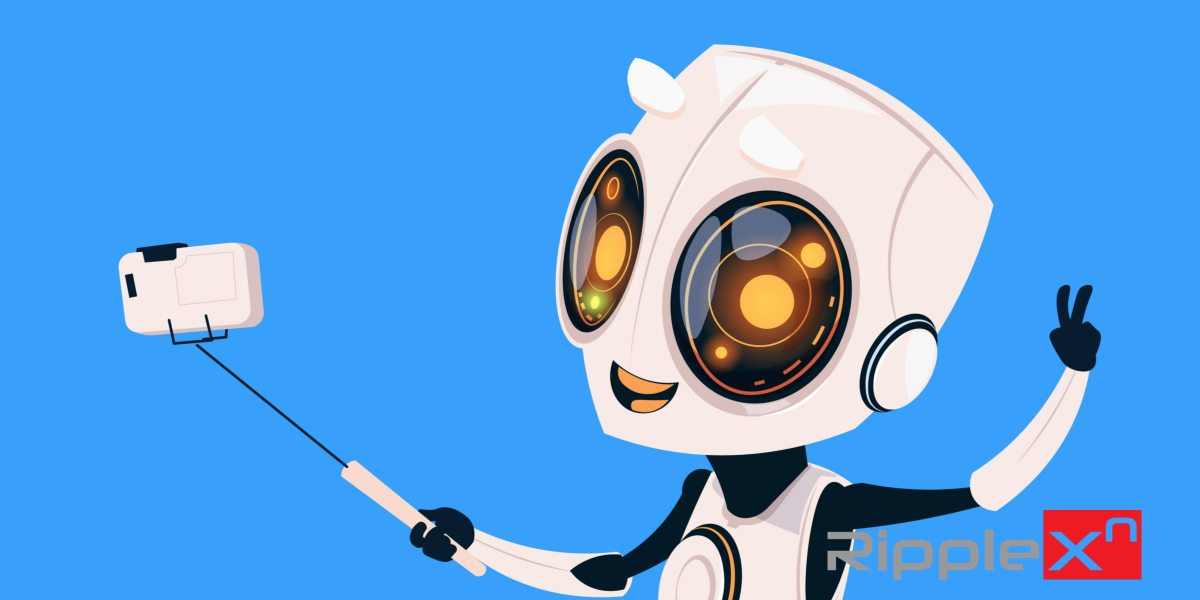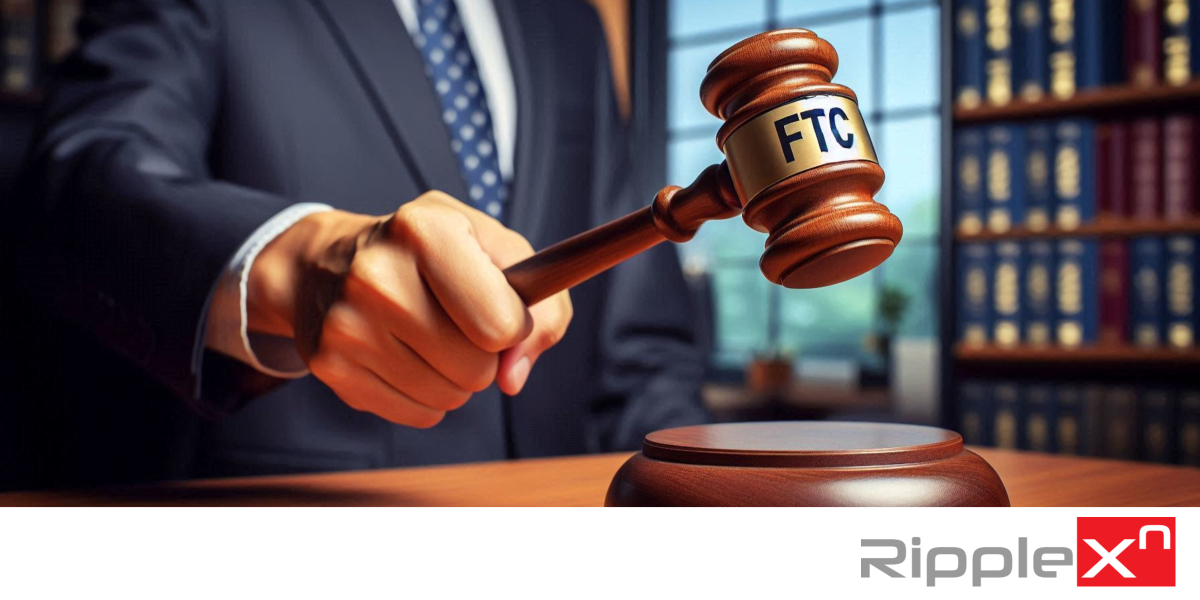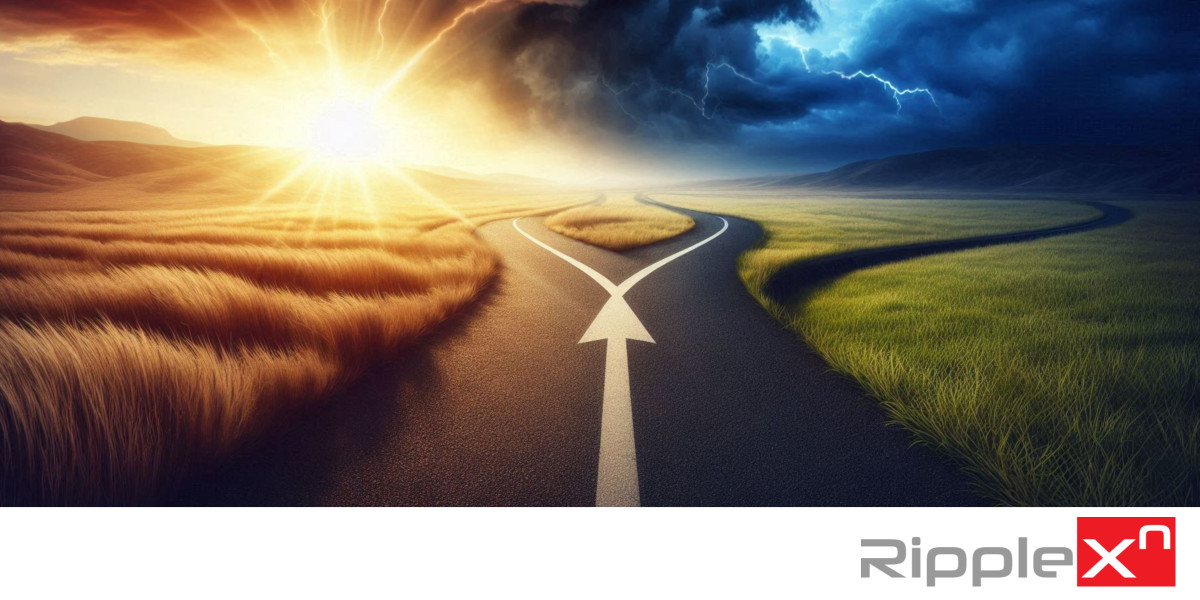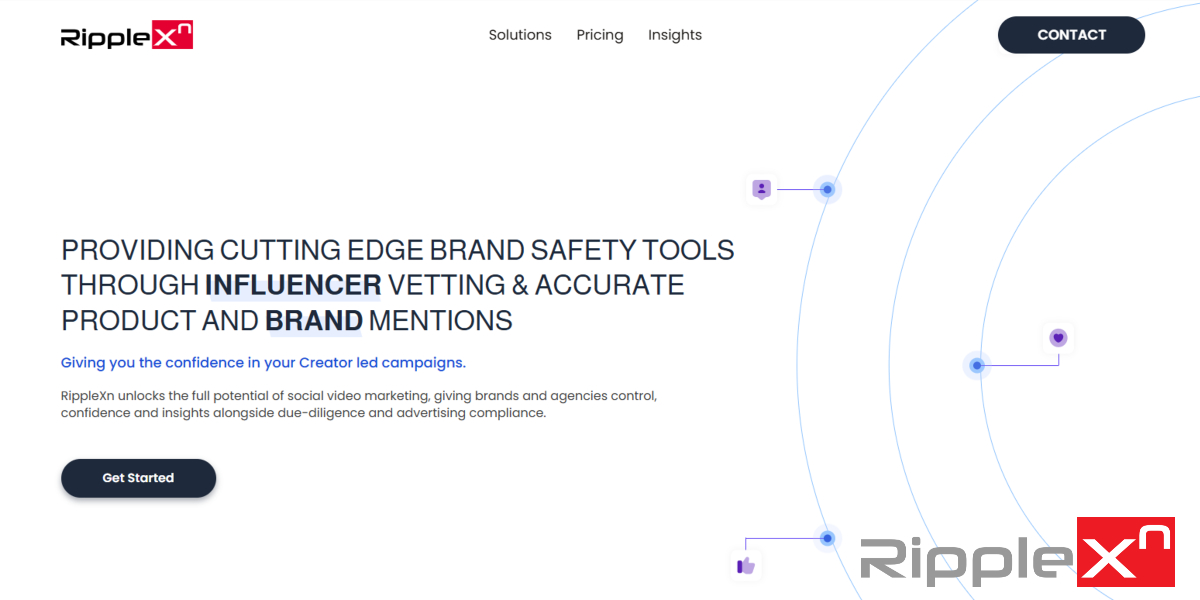In recent years, social media has become an essential part of our daily lives. From posting pictures to sharing opinions, social media has enabled people to interact with each other in unprecedented ways. With the increasing use of generative artificial intelligence (AI) in social media, the question arises: Are these or even should these channels be regulated in the same way as human-led channels?
Gen AI is powerful and, importantly, fast
Generative AI technology is used to create content, including images, videos, and text, that is often indistinguishable from content created by humans. However, the use of generative AI in social media raises important questions about current and future regulation.
Governments and social media platforms have been working to develop regulations to address issues such as fake news, hate speech, and cyberbullying. However, generative AI social media channels have added a new layer of complexity to this issue.
One challenge with regulating generative AI social media channels is that the technology is constantly evolving. As generative AI technology improves, it becomes increasingly difficult to distinguish between content created by humans and content created by AI.
This makes it difficult to develop regulations that are effective in addressing issues such as fake news and hate speech.
The question still is - who is accountable?
In human-led social media channels, the content is created by individuals who can be held accountable for their actions.
However, in generative AI social media channels, does the responsibility for the content lay with the creators of the AI technology, the social media companies that use the technology, or the human who owns the account?
This leads to wider questions outside of advertising regulation about accuracy, defamation, and copyright infringement.
Debates are afoot about censorship, IP protection, and where is the line between satire or deep-fakes.
2023 is going to be ground-breaking for sure
The use of generative AI in social media raises important questions about regulation. While human-led social media channels are subject to regulation, it is unclear whether generative AI social media channels should be regulated in the same way.
We look forward to official guidelines from all the regulators and will keep an eye out for interim callouts and fines.






